As you pack up the rest of your belongings, you begin to wonder if you should just leave some items behind… Sure, you spent money on all those frozen veggies, but you don’t think they’ll survive the trip to your new house. If you’re unsure of what food items you should transport on your move, consult the list below! We’ll tell you what to save, what to give away, and how to pack it all just right.
Packing Your Pantry: What to Save & What to Toss
What Foods to Save During Your Move
Only bring food items that will remain edible and stay inside their containers during the trek to your new place. In most cases, non-perishable and unopened items fit these criteria best—however, you’ll find a few exceptions included on the list:
1. Canned Goods.
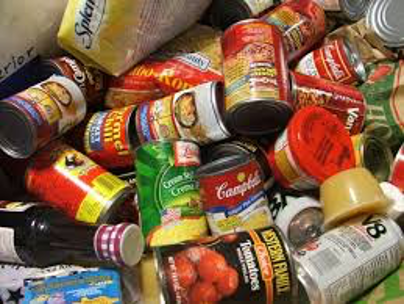
Canned goods of all sizes should travel fine. Before you pack them for your move, check expiration dates and discard cans that have a fast approaching or expired use-by date. Pack everything else in.
A few weeks before your move, visit local grocery stores and ask for boxes. Many stores have extras available for customers at no extra charge. Make sure you use small or medium boxes so you or your movers can lift them easily. Boxes from the grocery store fit canned goods snuggly, meaning they won’t shift in transit.
Before you have these boxes put on the moving truck, consider the cost to move them – your moving quote is based partly on weight. Is it more expensive to move canned goods than to buy new when you get where you’re going? If so, donate the food to a local food pantry or ask your Wheaton agent about Wheaton’s partnership with Move For Hunger. Most Wheaton agents are able to donate nonperishables to local food banks on your behalf!
2. Unopened Condiments (in Non-Glass Containers) & Boxed or Bagged Foods
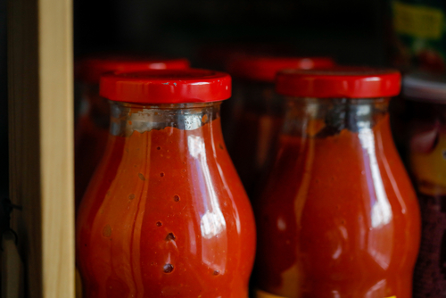
These pre-packaged foods are easy to bring along. Stack them side by side in their own boxes, or even at the top of unfilled boxes. You can also put them in canvas reusable grocery bags and store them in your trunk until you arrive.
3. Basic Cooking Ingredients
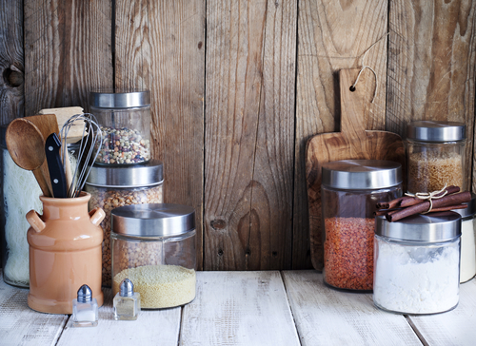
If you have a large spice collection or mounds of stored flour and sugar, don’t leave them behind. Instead, pack them like this:
- Put unopened bags of dry ingredients into boxes or plastic storage barrels
- Pack loose, unopened ingredients into reusable kitchen storage containers
- Tape shut any spices that may open if tilted
- Place spice bottles in boxes with canned goods—this uses empty space without adding too much weight
4. Food Storage
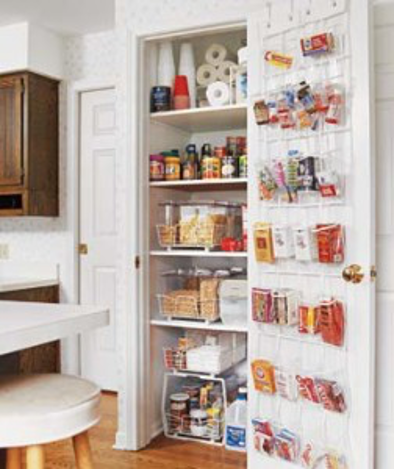
If you have a stockpile of foods to use in emergencies, bring it along to your new house. Put these items in boxes or durable plastic storage bins.
If you stock your food storage on shelves in an easy-access location such as the garage, ask your movers to wrap these shelves in industrial plastic wrap. This saves you having to disassemble the shelves and reassemble them later.
What Foods to Give Away Before You Move
You should eat, throw out, or donate any foods that aren’t included on the list above. This includes food stored in glass jars and anything that requires refrigeration or freezing. Of course, if you’re only moving a short distance, you may be able to salvage some items that fit into those categories.
How Wheaton Works to Fight Hunger
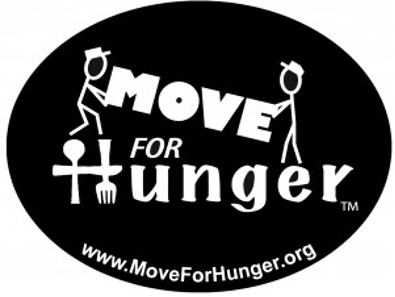
Wheaton has a strong relationship with Move for Hunger, a national nonprofit organization that creates sustainable ways to reduce food waste in order to fight hunger.
At Wheaton, we’ve been dedicated to helping families move for more than 75 years. In this time, we’ve seen many unwanted items thrown away, including non-perishable food! That’s why, when one of our agents came to us wanting to collect unwanted food and deliver it to food pantries, we jumped at the chance.
Donating food items to a community you’ve called home is a great cause. All you have to do is:
- Set aside items you want to donate
- Notify your Wheaton representative
- Leave the rest to us!
Your Wheaton agent will arrange for the collection of your donated items as well as make arrangements to pick up the items and transfer them to a local food bank. Keep in mind that the cost of your move is based on the weight and distance your goods are traveling. So, by donating some of your food items, you’re not only helping the community, you’re helping yourself.
When You’re Done Packing What You’re Eatin’, Move with Wheaton!
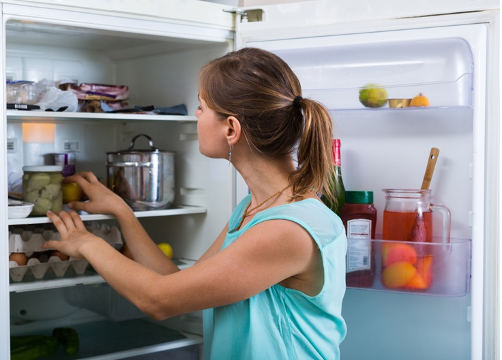
Once you’ve eaten, donated, or thrown away your unwanted food items and packed the rest, it’s time to get moving! Make your move as easy and stress-free as possible by hiring Wheaton as your moving company. Get an in-home estimate with us today to get started!



